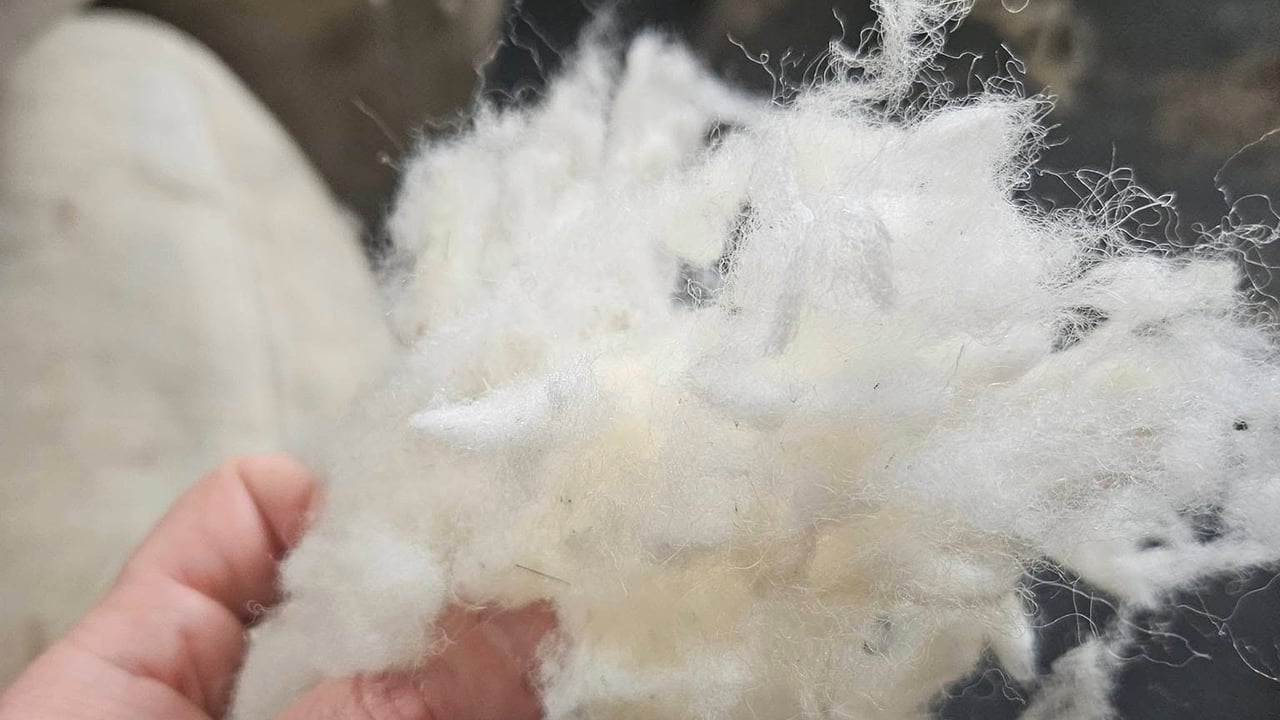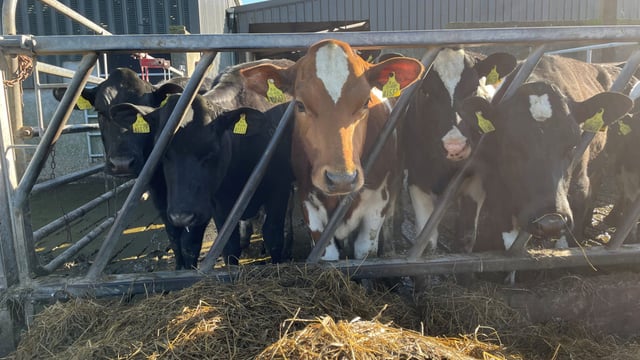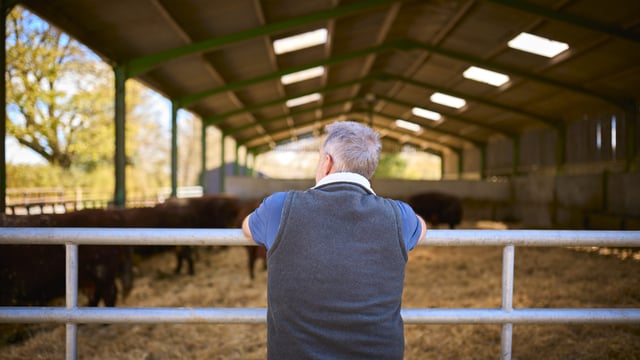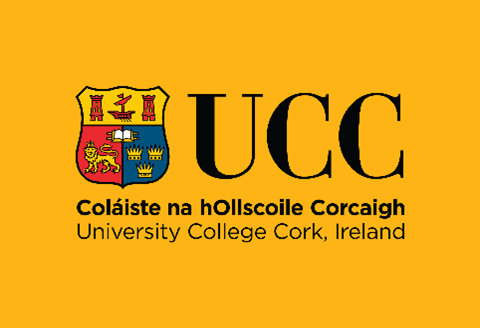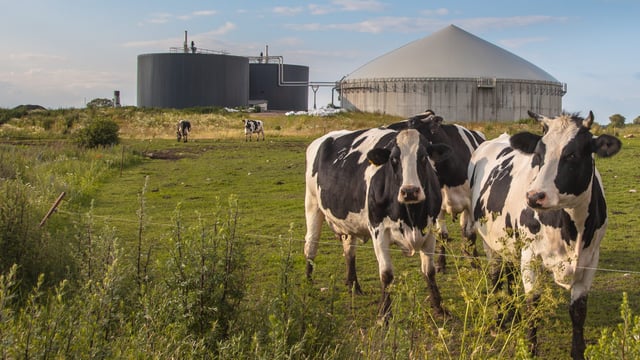Watch: Dooley Wool on the importance of farm traceability
Situated at the foot of the Slieve Bloom Mountains in Co. Offaly, Dooley Wool is emphasising the importance of traceability when it comes to woollen products.
The company, which uses 100% Irish wool for their products, is based in Co. Offaly, on the borders of counties Tipperary and Laois.
Agriland caught up with the managing director of the company, Kevin Dooley last week at the 2025 National Ploughing Championships.
Dooley Wool is committed to trying to add value back into the Irish wool market by independently sourcing and directly paying farmers a premium for their wool, which will then be used in the company's products.
The company uses Ulster Wool's Muckamore system as an independent traceability system at their factory in Ballyduff, Co. Offaly.
This system sees the wool being graded through individual assessment of each fleece, allowing for proper determination of quality.
By grading each fleece, Dooley Wool can ensure their suppliers are paid a good price by separating poor different quality wools.
Once the wool is graded, it is assigned a QR code, which follows it through its production cycle in areas such as the washing plant.
Once the wool is fully produced and sold, a consumer will be able to scan the QR code, allowing them trace the wool back to its origin farm.
Dooley said that there are nine 'hand-picked' farmers who they have been dealing with for over 40 years supplying the majority of the wool.
Dooley also spoke about the preferred types of wool the company buys in for its business.
He said that ideally they buy in white wool, as it is more suitable for products such as bedding materials.
The managing director added that the company's nine suppliers mostly have Cheviots, Texal, and Lleyn breeds, which are all known for their white wool.
Dooley Wool has a long history of wool trading, with Seamus Dooley - who was originally a sheep farmer - beginning to shear sheep and sell the wool in the 1950s and then buying wool from local farmers in 1955.
In 2005, Seamus set up Dooley Wool beside Dooley Farm, which is now an eight-generation farm.
The company is on a mission to support its local circular economy as well as priding itself on its green business, using cotton covers alongside recyclable and reusable packaging.

